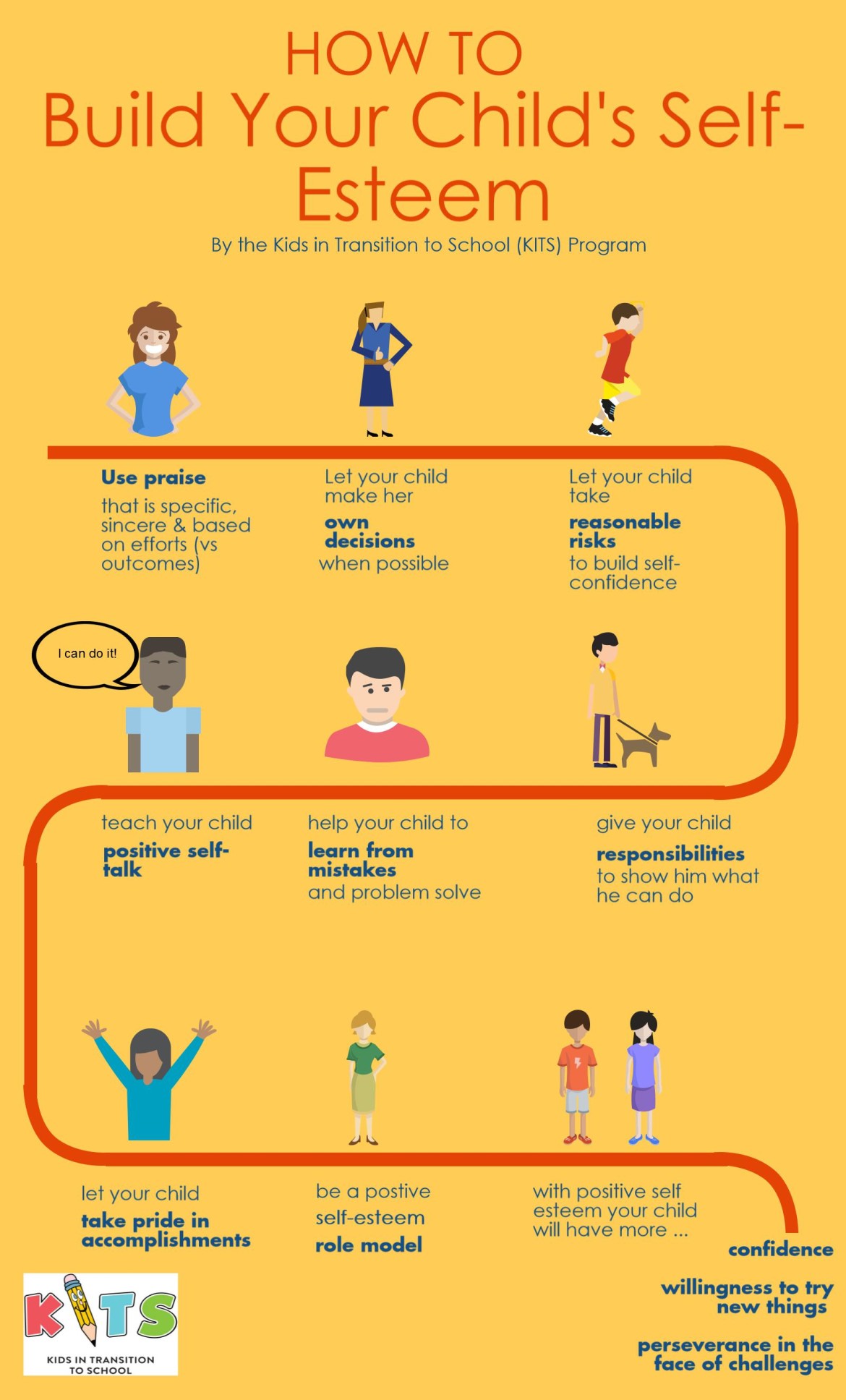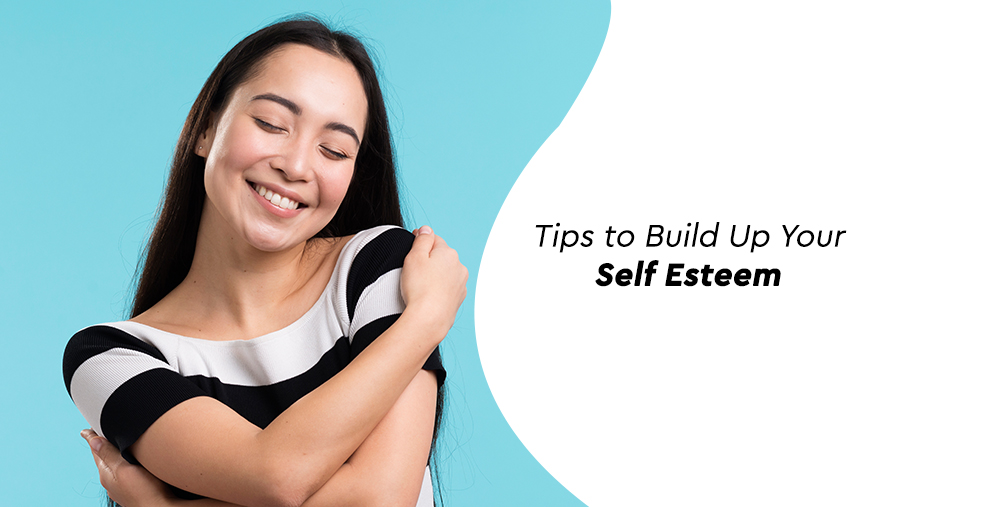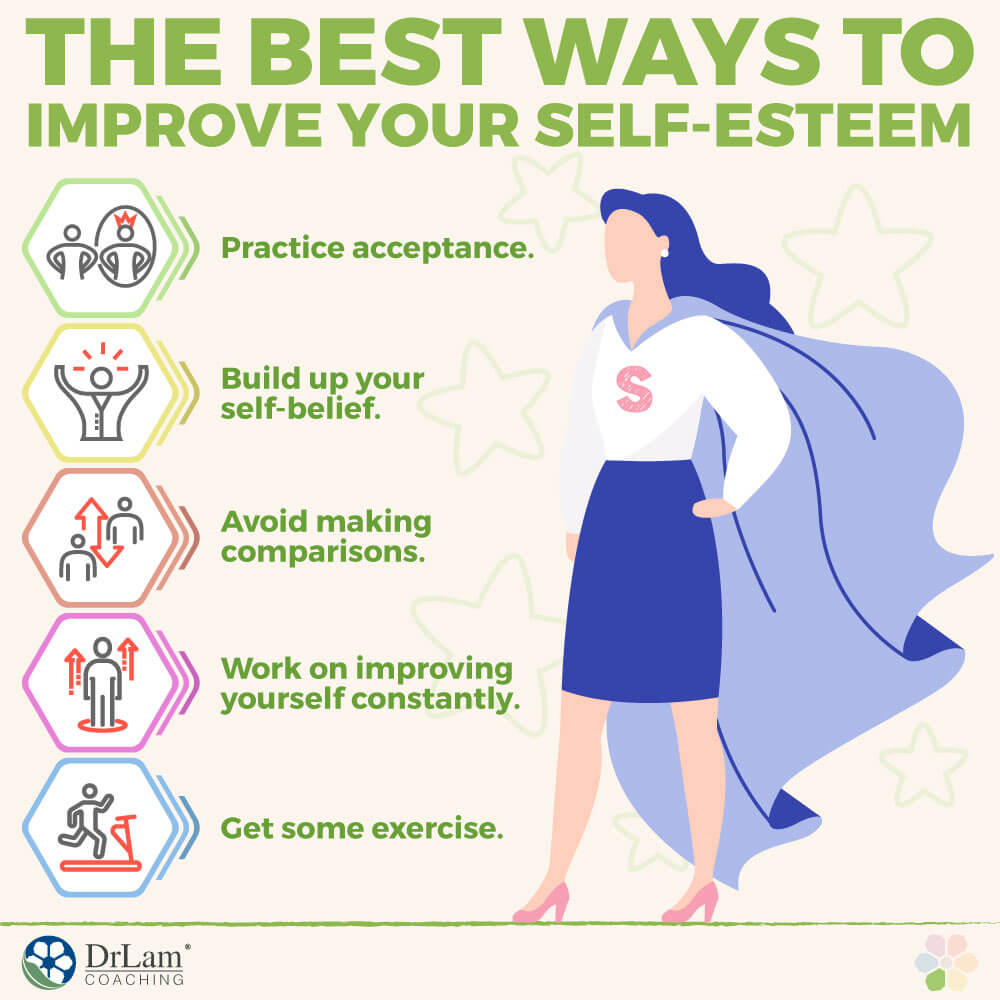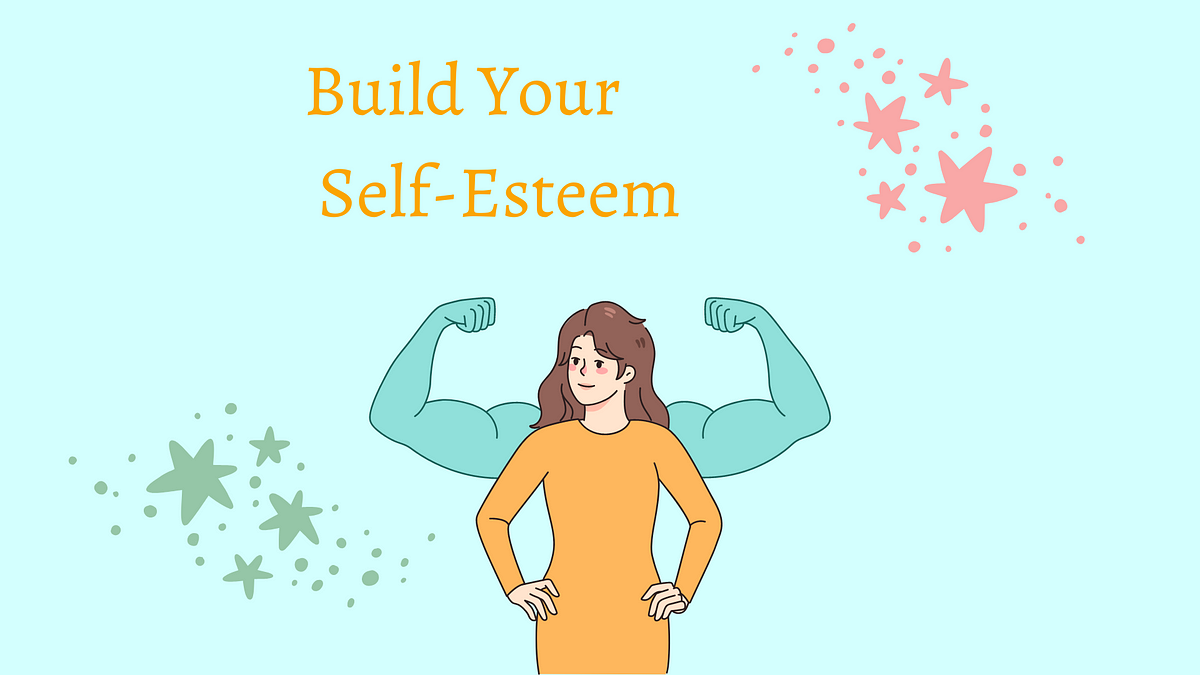How Do You Build Up Your Self Esteem
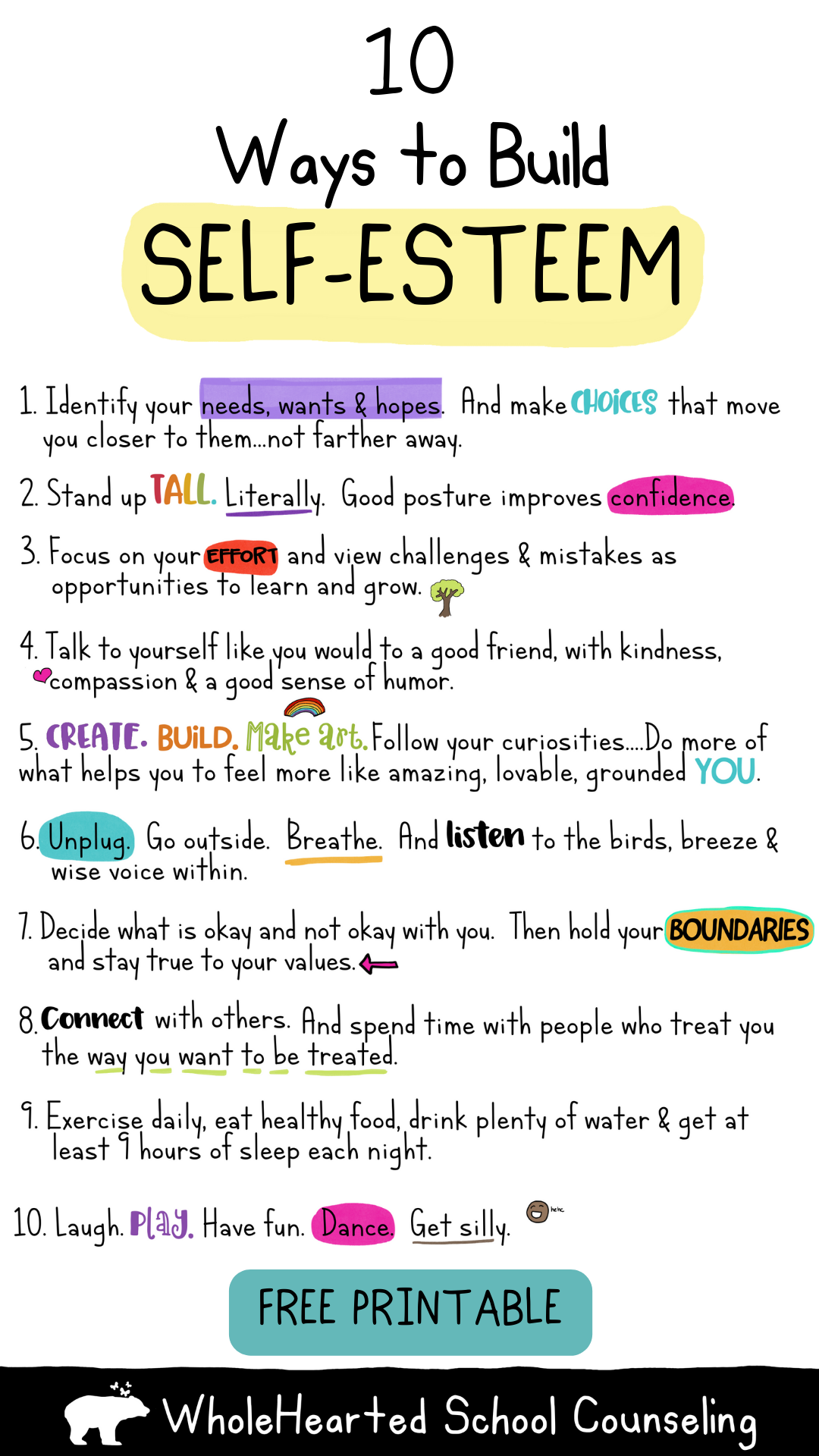
In a world saturated with social media comparisons and relentless self-criticism, cultivating healthy self-esteem is more crucial than ever. But how exactly do we build this inner fortress of confidence and self-acceptance? Experts suggest a multi-faceted approach, focusing on both internal thought processes and external actions.
Self-esteem, at its core, is a person's overall sense of self-worth or personal value. It influences how we think, feel, and behave, impacting our relationships, career, and overall well-being. Understanding the building blocks of self-esteem empowers individuals to take concrete steps toward a more positive self-image.
Understanding the Foundation
The American Psychological Association (APA) defines self-esteem as the degree to which an individual approves of, values, and likes themselves. This subjective evaluation can fluctuate based on various life experiences, from personal achievements to social interactions.
Negative self-esteem, on the other hand, can manifest in self-doubt, fear of failure, and difficulty asserting one's needs. Often, these feelings stem from early childhood experiences, societal pressures, or negative self-talk.
Practical Strategies for Building Self-Esteem
One of the most effective strategies is practicing self-compassion. This involves treating yourself with the same kindness and understanding you would offer a friend in a similar situation. Instead of dwelling on mistakes, acknowledge them and learn from them.
According to Dr. Kristin Neff, a leading researcher on self-compassion, this practice is not about self-pity or letting yourself off the hook. Instead, it's about recognizing that imperfection is a universal human experience.
Another key element is challenging negative thought patterns. Cognitive Behavioral Therapy (CBT) techniques can be incredibly helpful in identifying and reframing these thoughts. Ask yourself if there is evidence to support these negative thoughts and actively replace them with more balanced and realistic ones.
Setting Realistic Goals
Breaking down large, daunting goals into smaller, achievable steps can provide a sense of accomplishment and boost confidence. Celebrating these small victories, however insignificant they might seem, reinforces positive self-perception.
Goal-setting isn't about achieving perfection; it's about continuous growth and self-improvement. Focus on progress, not perfection.
The Power of Positive Affirmations
While often met with skepticism, positive affirmations, when used correctly, can be a powerful tool. The key is to phrase them in a way that feels believable and aligned with your values. Saying "I am amazing" when you don't believe it won't be effective. Instead, try "I am capable of learning and growing."
Regularly repeating these affirmations, even if you don't fully believe them at first, can gradually shift your internal dialogue.
Taking Care of Your Physical Health
The connection between physical and mental well-being is undeniable. Engaging in regular exercise, eating a healthy diet, and getting enough sleep can significantly impact self-esteem. Physical activity releases endorphins, which have mood-boosting effects.
Furthermore, taking care of your body demonstrates self-respect and reinforces a positive self-image. Simply put, when you treat your body well, you feel better about yourself.
The Importance of Boundaries
Learning to set healthy boundaries is crucial for protecting your self-esteem. Saying "no" to requests that drain your energy or compromise your values is not selfish; it's an act of self-care.
By establishing boundaries, you communicate to others that you value your time, energy, and well-being.
"Daring to set boundaries is about having the courage to love ourselves, even when we risk disappointing others." - Brené Brown.
Seeking Professional Help
For some individuals, building self-esteem can be a challenging journey that requires professional guidance. Therapists and counselors can provide support, tools, and strategies to address underlying issues that may be contributing to low self-esteem.
Cognitive Behavioral Therapy (CBT) and other therapeutic approaches can help individuals identify and change negative thought patterns and behaviors.
The Ripple Effect of High Self-Esteem
Building healthy self-esteem is not just a personal endeavor; it has a ripple effect on society as a whole. Confident and self-assured individuals are more likely to pursue their goals, contribute to their communities, and build healthy relationships.
A society filled with individuals who value themselves is a society that is more resilient, innovative, and compassionate. Ultimately, investing in self-esteem is an investment in a brighter future.
By adopting these strategies and committing to self-improvement, individuals can cultivate a stronger sense of self-worth and unlock their full potential. This journey of self-discovery and acceptance is a lifelong process, but the rewards are immeasurable.
